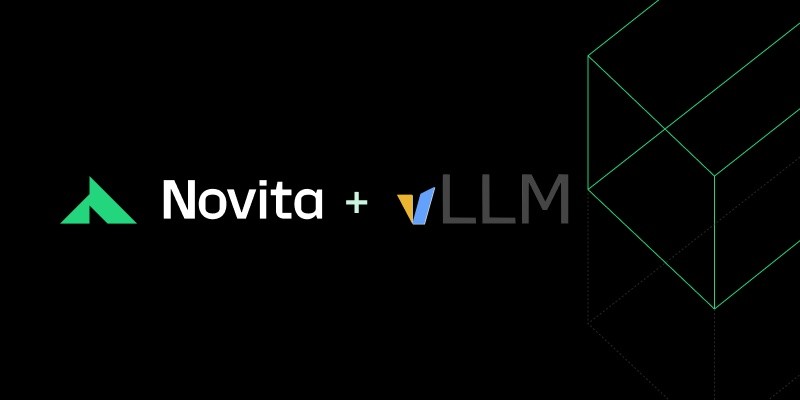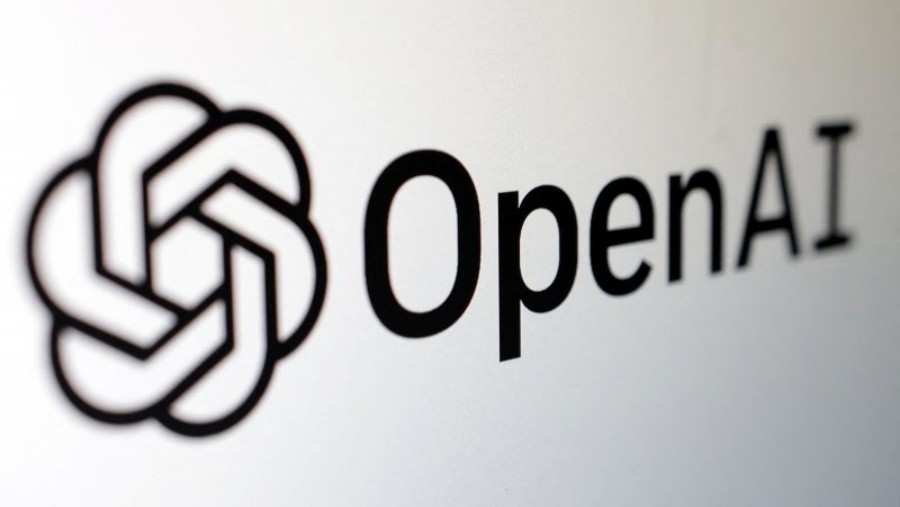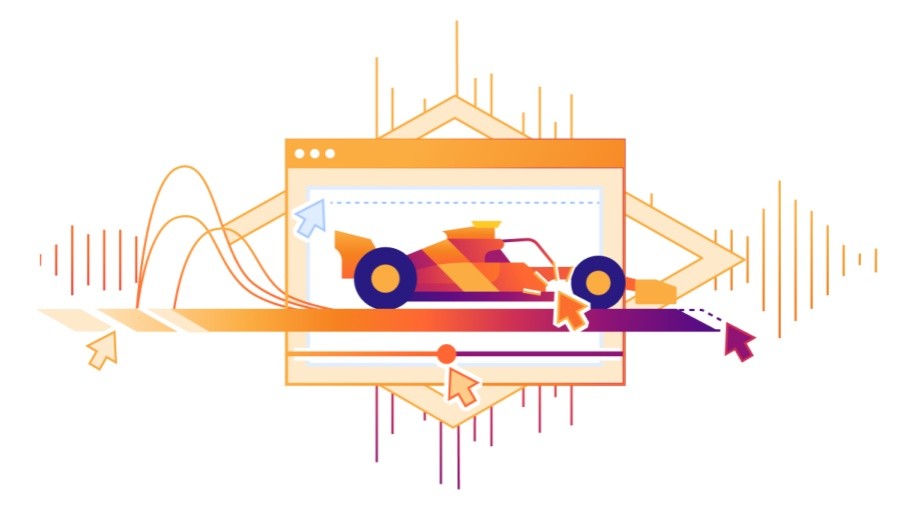
In the process of learning AI, many beginners often make some misunderstandings, which may lead to slow learning progress or deviations in their understanding of AI. Here are some common pitfalls and how newbies can avoid them.
Misconception : Thinking that AI can solve any problem.
How to avoid it : Understand the limitations of AI and understand that it is only effective in specific areas, such as image recognition, speech processing, etc.
Misunderstanding : Thinking that learning AI frameworks (such as TensorFlow, PyTorch) will enable you to master AI.
How to avoid : In addition to learning tools, you must also master the algorithms and principles behind them, such as machine learning, deep learning, etc.
Misunderstanding : Thinking that AI can only be mastered by people who are good at mathematics.
How to avoid : You can start learning from the basics and gradually master the necessary mathematical knowledge. AI learning does not require immediate proficiency in complex mathematics.
Misunderstanding : Thinking that learning AI quickly can lead to instant mastery.
How to avoid it : Be patient, learn step-by-step, and understand the basics and core principles rather than rushing to master advanced techniques.
Misunderstanding : Thinking that as long as there is enough data, the AI model can learn automatically.
How to avoid : Learn to clean and preprocess data to ensure data quality is crucial for model training.
Misunderstanding : Focusing on the results of the model but neglecting to understand the decision-making process of the model.
How to avoid it : Learn how to increase model transparency and understand how AI models make decisions, especially in critical areas like healthcare and finance.
Misconception : Thinking that AI frameworks and tools can automatically solve all problems.
How to avoid it : Understand the principles and underlying implementation of the tool, and know when to choose appropriate algorithms and methods.
Misconception : Thinking that after training a model, the model is good enough.
How to avoid : Regularly adjust and optimize the model, learn how to tune hyperparameters, and avoid model overfitting or underfitting.
Misunderstanding : Thinking that AI is just a technical issue and there is no need to consider ethics.
How to avoid it : Understand AI ethical issues, consider fairness, safety, and how to avoid bias and discrimination.
Avoiding these misunderstandings can help you learn AI more efficiently. Remember: Only with a solid foundation, understanding the principles, step by step, and practice can you truly master AI.



